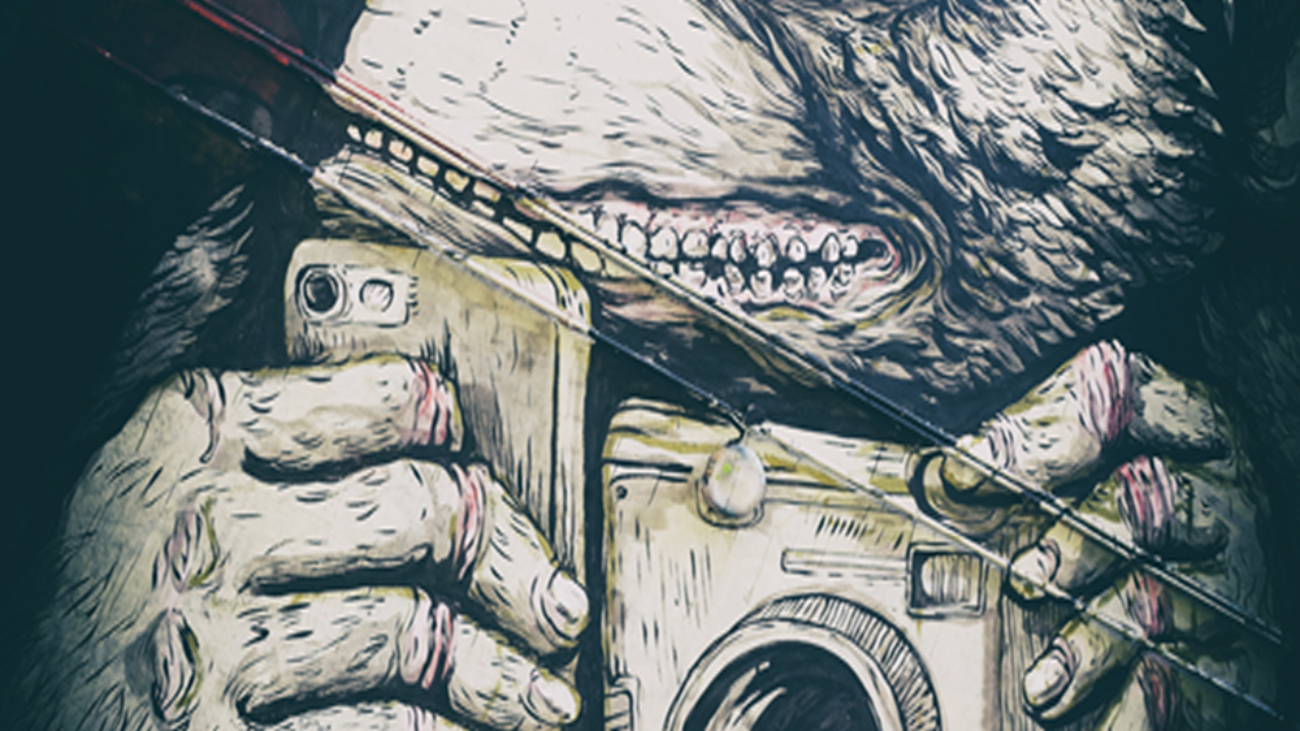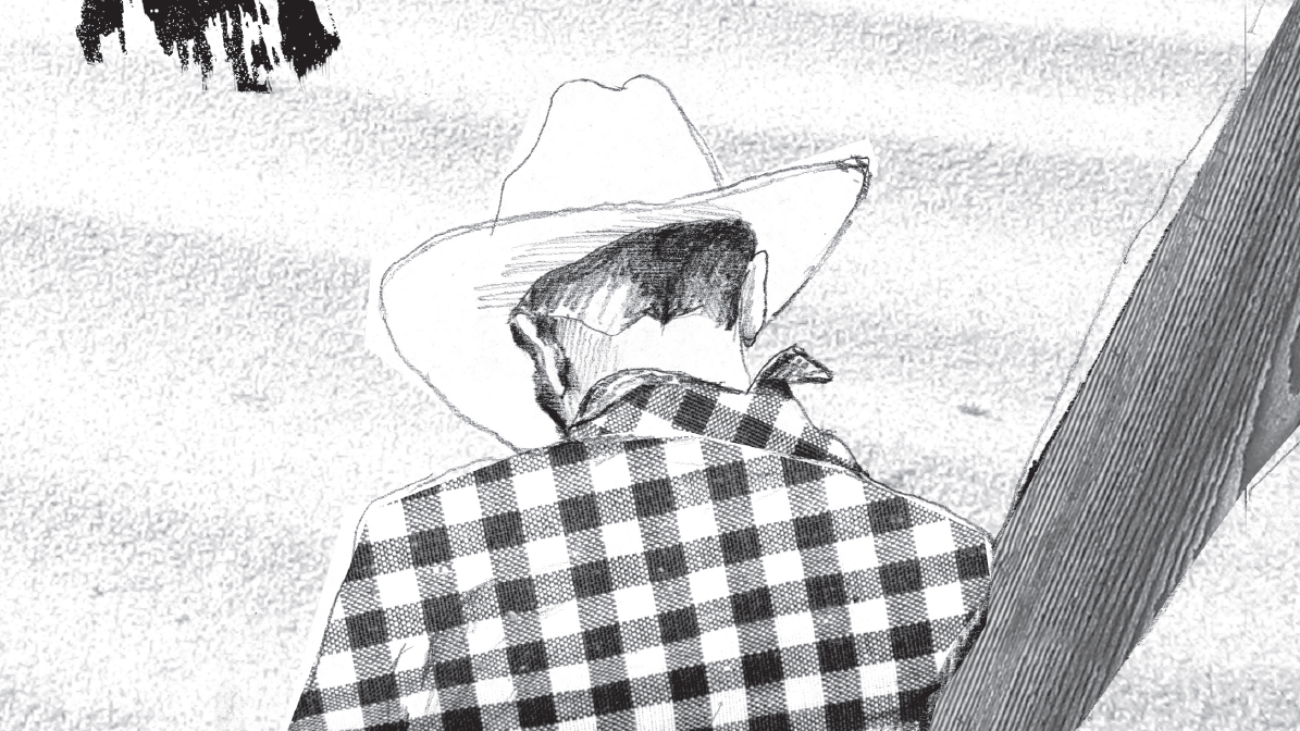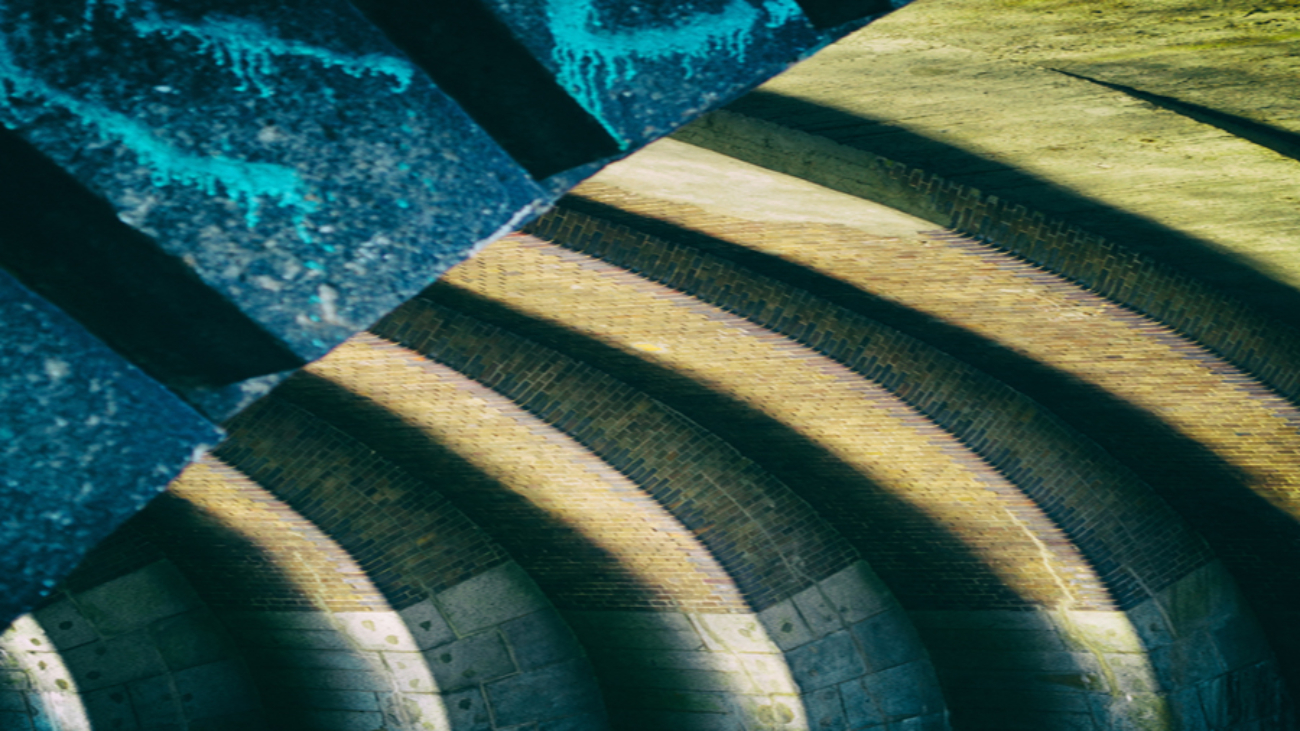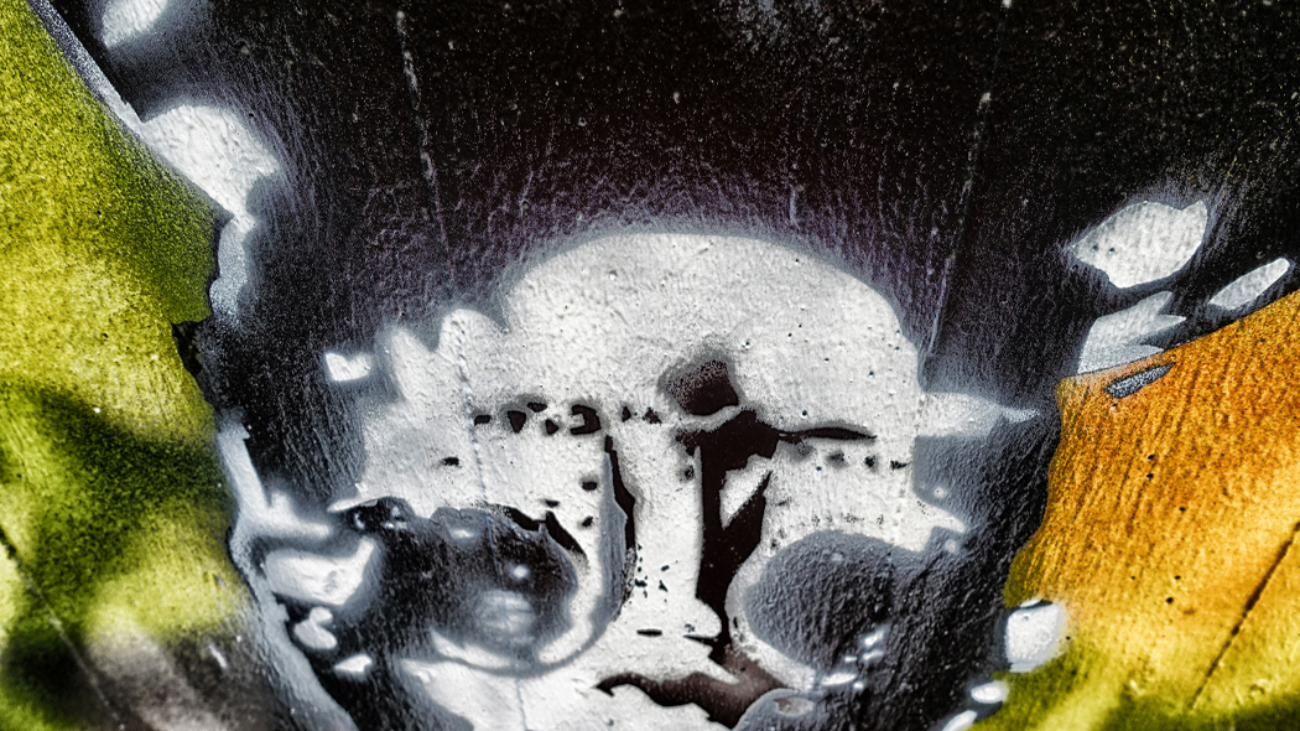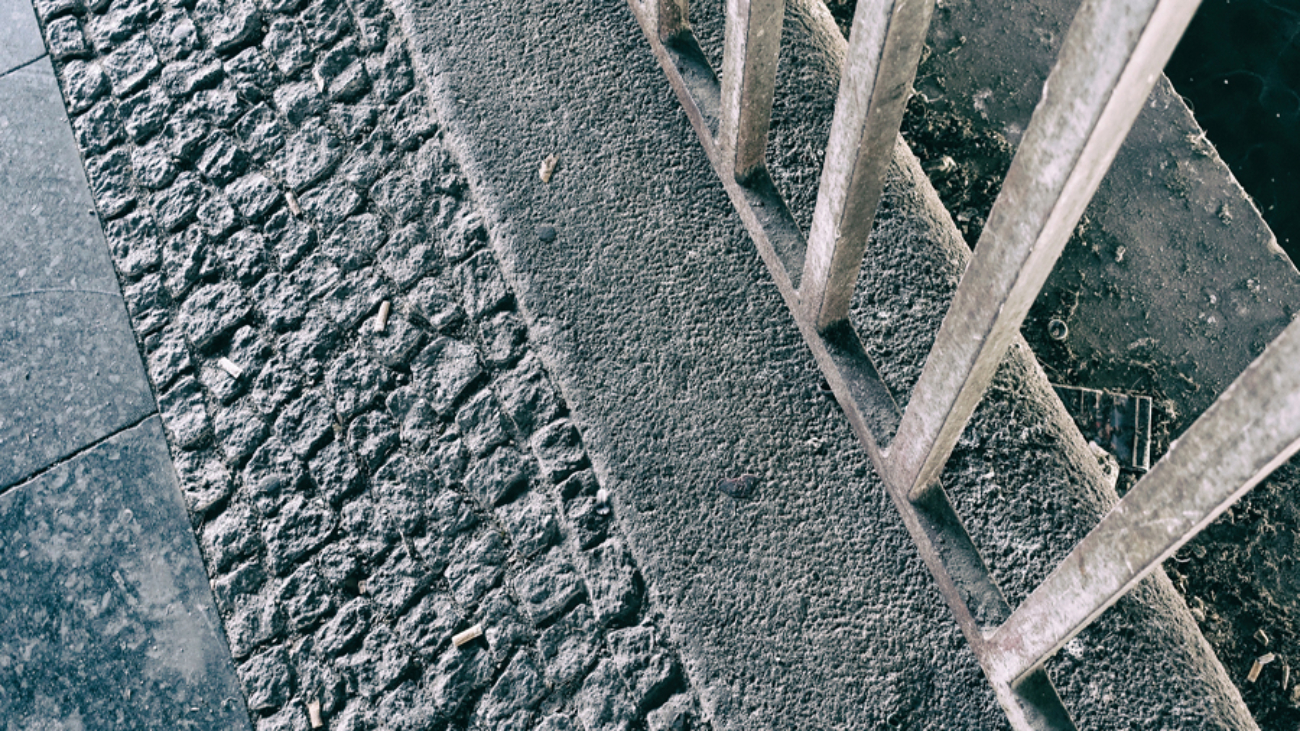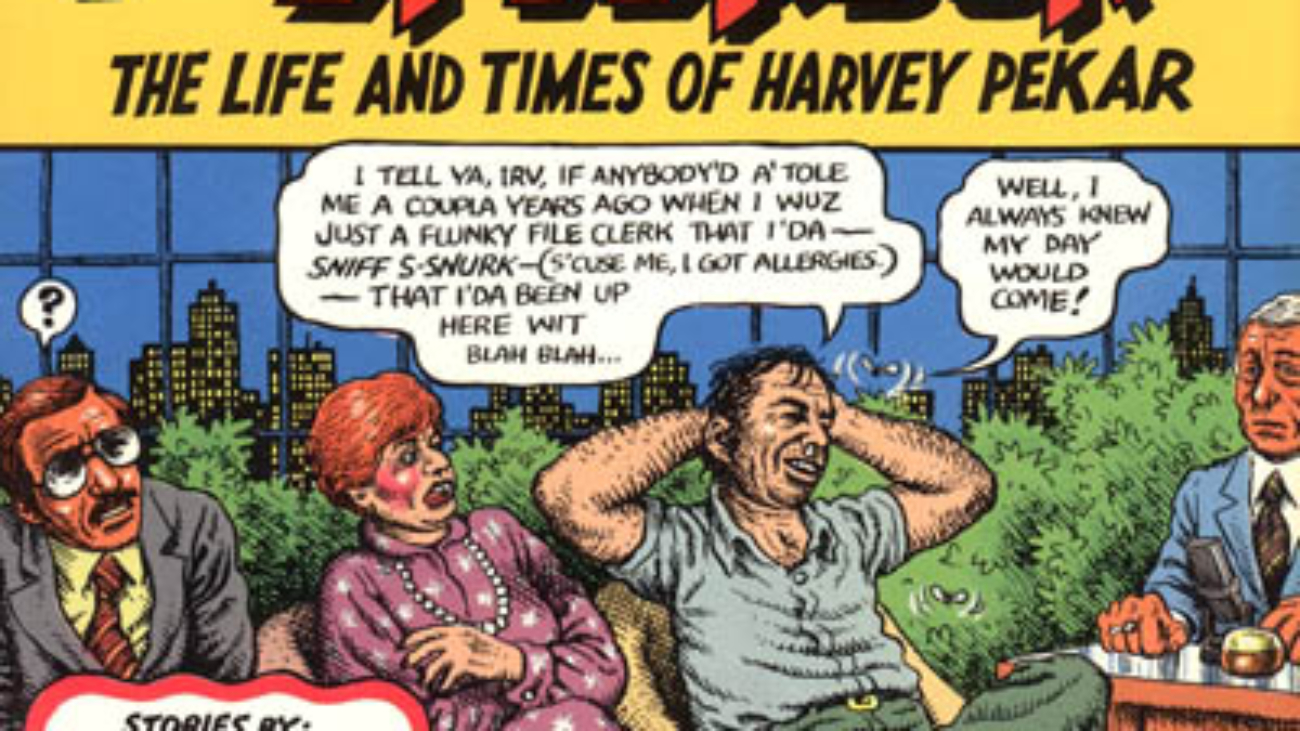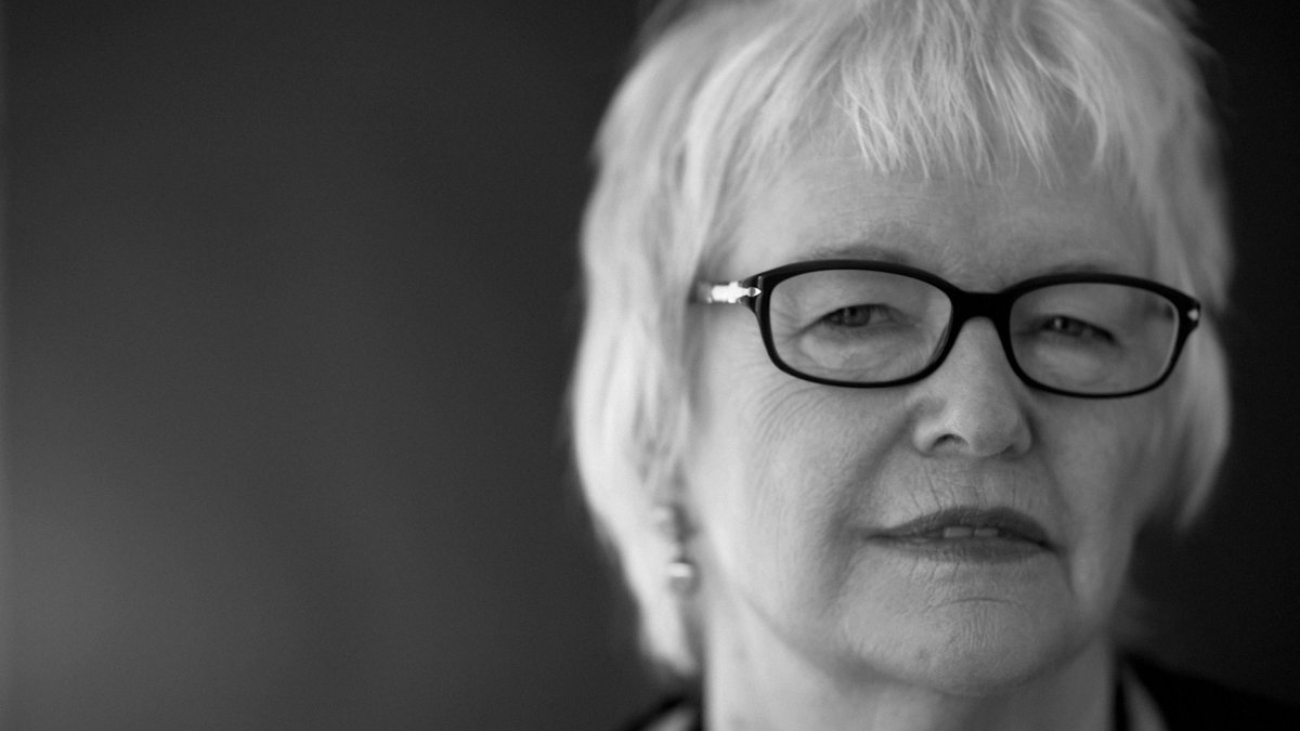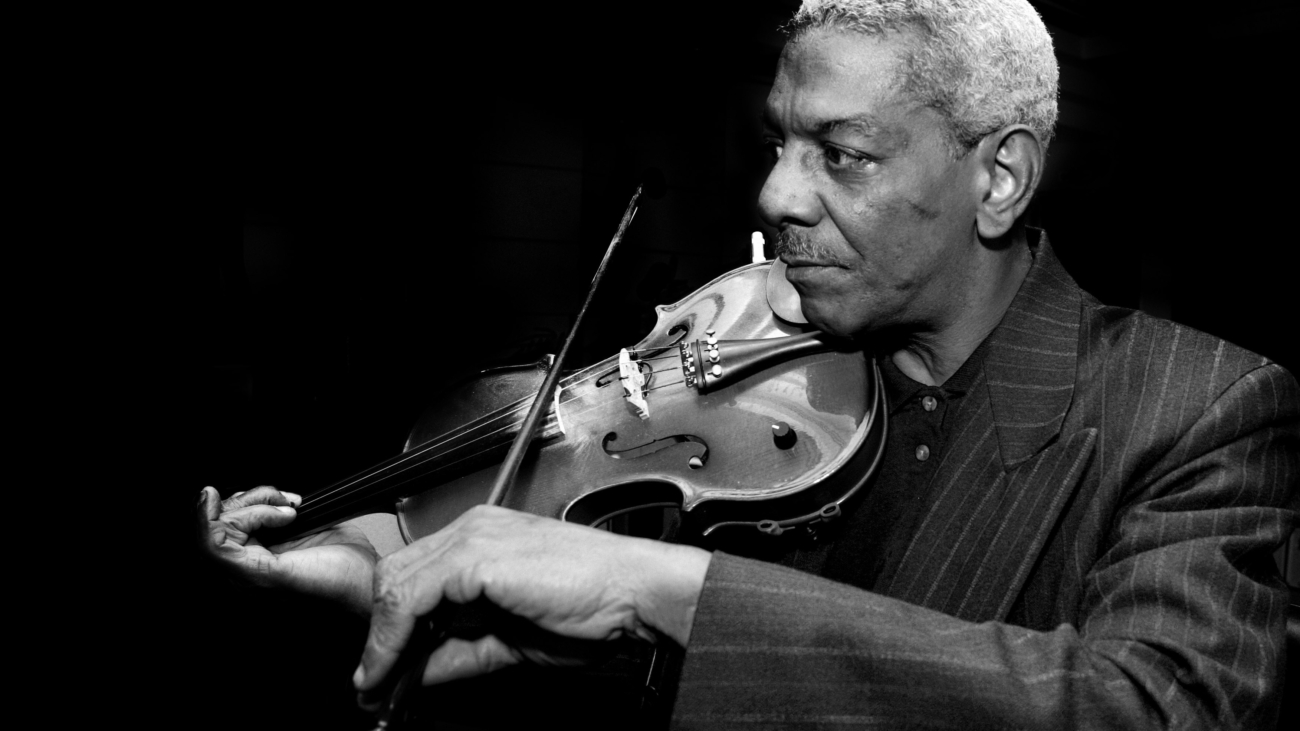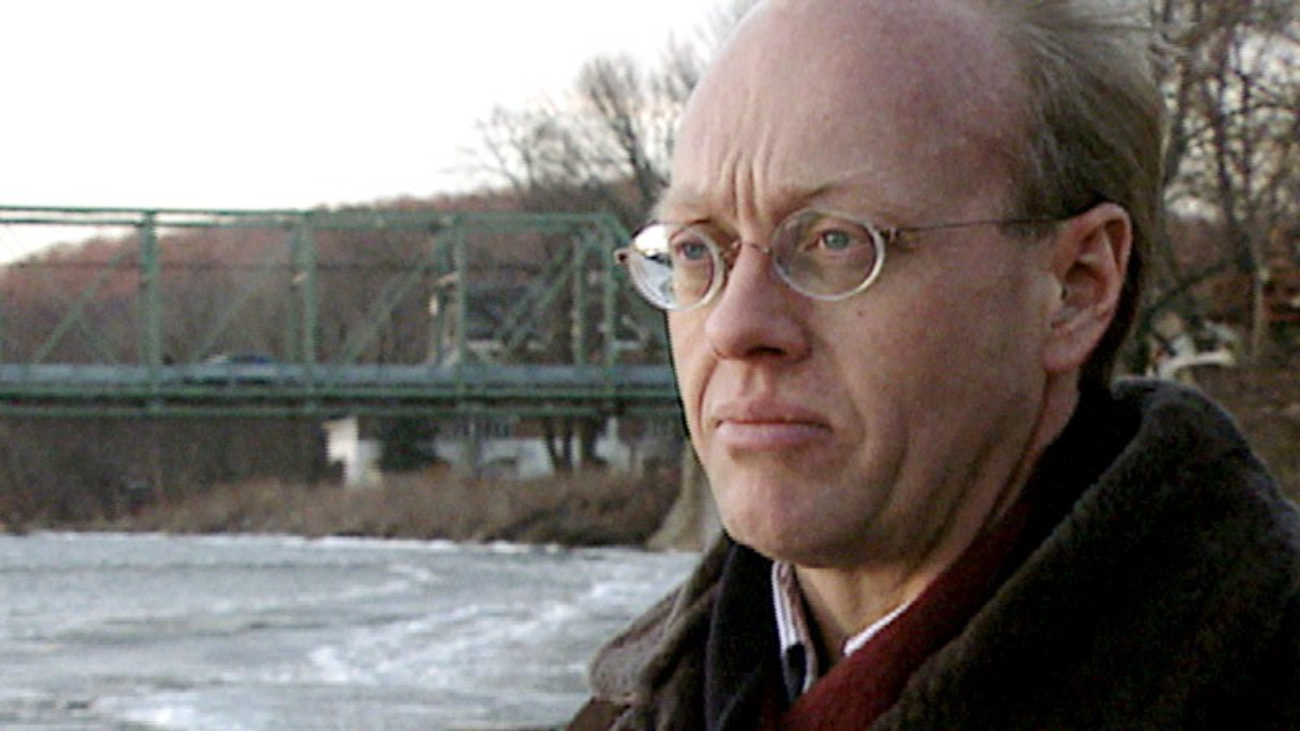Interview by Andrea Hiott, Princeton, NJ, 2009.
Christopher Hedges is an American journalist, author, and war correspondent. After first earning a Master of Divinity from Harvard Divinity School and a B.A. in English Literature from Colgate University, he began his journalistic career reporting on the conflict in El Salvador in the mid-1980s. He then learned Arabic and lived in the Middle East for seven years, mainly serving as the Middle East Bureau Chief for ‘The New York Times’. In 1995, he went to Sarajevo to cover the war in Bosnia. He has also covered the war in Kosovo, and has investigated and written on issues of terrorism. In 2002, he received the Amnesty International Global Award for Human Rights Journalism. Among his many and varied books are the bestselling ‘War is a Force that Gives Us Meaning’ and ‘What Every Person Should Know About War’.
Pulse: In your writing, you take the stand that war is inevitable. Do you believe war will always be a part of our lives?
Chris Hedges: It’s not a matter of what I believe or don’t believe. It’s a matter of human history and human nature. There’s nothing in human history or human nature to indicate that war is not a near constant in human existence. I’m not interested in utopianism; I’m interested in what’s real. I have lived through many conflicts and watched how almost everyone in a society signs on for the intoxicating dark elixir of nationalism and war.
Is this because we are searching for meaning? Does war tempt us with this immediacy?
It’s the attraction of Thánatos: it’s the power of death, the seduction of death. Nationalism is a form of self-exaltation and racism. In wartime, you suddenly feel part of the collective. Instead of being alienated and alone and atomized, you feel like suddenly everyone has become your brother or sister. It’s a false kind of camaraderie but the feelings are seductive; you feel that you’ve been elevated to a kind of nobility, called to work for a noble cause. You get off on violence. There are many dark, atavistic forces that go into seducing people to support a war. It’s difficult for most people to remain rational.
Is another tempting aspect of war the moral lines it claims to draw? The command to do something ‘for the good of the country’?
War reduces or destroys the anxiety of moral choice. You’re told by the state that it is now legal to murder. Everything in defense of the state or the group becomes moral no matter how heinous it is, and that’s a great relief to most people because they don’t have to think anymore.
Do people see this differently once they experience war?
It depends on where you are. If you are in a wartime society but not in a conflict, you think in one way. If you’re actually in combat, you think in another. If you are in combat, it’s the lust or eroticism of violence that you might feel. Adrenaline rushes. It’s like ingesting drugs.
When it comes to the reasoning behind war, once you are in a war, you can’t believe the national myths anymore. You realize how dirty it is. If you’re at home, away from the actual conflict, then you continue to imbibe the myths. That’s why there’s a huge disconnect between people who come back from the battlefield and listen to this patriotic cant and know it’s shit, and people who continue to get off on it because it’s about self-adulation. In the end that’s what the patriotic stuff is really about: it’s about exalting “us”.
Because people want to believe they’re on the right side?
It’s more than being on the right side. It’s that we want to feel we’re engaged in a noble cause, a crusade; we’re making the world safe for democracy; we’re overthrowing tyranny, we’re bringing liberty. We have all these wonderful abstract ideals and we get to identify with those ideals; we fall into this false belief that somehow a projection of our own power will make those ideals realized.
And the reality of war never does that?
War is always tragic; violence is always tragic. It doesn’t save you- – even in support of a supposedly justifiable cause — from the pernicious effects of violence. The real tragedy of war is that there are times when people are faced with a choice between their own extinction or the use of violence to protect themselves, their families, their neighborhoods, their city, or their nation. When you’re in a war, you’re in it. When you’re in a city getting hit with 2000 shells a day and constant sniper fire and there’s no food and they’re trying to extinguish you and you’re hanging on by your fingertips, that’s when you confront reality. That’s why I say I’m not a pacifist because I know there are moments — very rarely but they do happen — when you must choose between your own annihilation and the use of violence to survive.
Once the conflict is over, if one hasn’t experienced it firsthand, then doesn’t one forget the pain of it? Otherwise, how would war regenerate so soon?
It’s more than forgetting. We have powerful social and political organs that romanticize war. Every generation seems to have to learn the truth of war on its own.
Can a government ever see war honestly?
All governments lie. Most people in power seek the perpetuation and expanse of their own power. That’s why they do it.
And that requires lying?
In every government I’ve ever covered, it does.
Is it real power though, this traditional political kind?
Well it’s power to the extent that you let it be power. For most people it works. Most people are fearful of such power. Most people obey the rules. Even when those societies embark on heinous enterprises.
Do you think Stalin or Hitler felt real power? Didn’t they show their lack of real power in their very desperation to sustain it with so much death?
That’s like Richard the Third. What they find is that they don’t control power, power controls them. They become its servant. The only way you have power is when you’re not frightened of power, when it doesn’t have the ability to control you.
Do you believe in progress when it comes to historical processes surrounding conflict?
No. Progress doesn’t exist. Time is not linear; time is cyclical. Societies mature, degenerate, and die. That’s history. The whole concept of linear progress is a myth. It doesn’t exist. And it’s what is used to anesthetize a population so that they just agree to everything the technocrats and those in power tell them. It’s not real. We don’t morally evolve. The tools change, but we don’t. The belief in moral progress is the great curse of the Enlightenment.
Moral progress doesn’t exist?
Well, we can make moral progressions both as individuals and societies. But we also make moral reverses. The idea that we are the culmination of something, that we’re moving towards something, that there is such a thing as collective moral progress is a myth. And once you believe in collective moral progress (that our generation is the culmination of what came before), you become Utopian, and once you wed that belief to violence, you become criminal. Which is what the war in Iraq is: it’s a Utopian venture. Utopianism is very dangerous because it’s not based in reality. Every genocide in human history was carried out by idealists, people who were going to remove human impediments to progress, which is what we think we’re doing in the Muslim world.
You write that war is always manufactured by people in society for their own purposes. Do people consciously create war for their own benefit?
Certainly. People like Karl Rove are consciously doing this. They know very well the manipulation that they are engaging in and the effects of it. One of the most important books — one of the most frightening manuals for the manufacturing of consent — is Walter Lippman’s book from 1922 called ‚Public Opinion‘. He writes quite openly in this book that he is providing the elite with a manual for the manufacturing or creation of mass opinion. His book is only one: there are many more such books. These people know damn well what they’re doing, and it works. That’s what advertising is about.
What if people became aware of the tools that are used to manipulate them? Do you think the manipulation would change?
No, because facts are irrelevant. People don’t respond to facts; people respond to emotions. Emotion always trumps reason; reason comes later. We have this Enlightenment idea that reason is paramount. It’s not. All sorts of great writers in the 20th century have obliterated that idea, people like Beckett, Joyce, Proust, Jung, Adler – but we still cling to this naïve belief that we are rational beings and that reason moves us to make decisions. Reason never moves us to make decisions. And that’s what the manipulators of information understand.
Are you saying that emotion is a negative force?
No, I think the problem with the opponents of militarism and the consumer society is that they don’t understand the importance of rhetoric. In ancient Greece, if you were training a philosopher you taught them in rhetoric first. The problem with opposition movements — just look at one turgid human rights reporter after another — is that they don’t understand, in the way the corporate state does understand, that rhetoric is paramount, that rhetoric is what moves people. The question is ‘how do you marshal that rhetoric?’ Once you control the airwaves, you can saturate people with such rhetoric. Most people think in clichés, including most intellectuals.
You’re saying that people pick up on these sound bites and then use them as facts without questioning them?
I’ll give you some examples. Before the Iraqi war, I tried to explain how, with the occupation of Iraq, we were not going to be greeted as liberators. I spent 7 years of my life in the Middle East, I speak Arabic. Based on that understanding, I tried to explain that democracy is not going to be implanted and then emanate outwards across the Middle East. People would then say to me in response, “Well, Saddam Hussein killed his own people”. That’s a perfect example of what the writer Robert Lifton coined a ‘thought-terminating cliché’. All discussion ends once a cliché like this gets used. People use sentences such as “Saddam Hussein killed his own people” to thwart any kind of real thought.
Another example: I just had a dinner here in Princeton with a bunch of Princeton professors at which I got into a terrible argument over the war in Afghanistan. They said: “The Taliban throws acid in women’s faces,” and immediately that became another thought-terminating cliché, paralyzing real discussion. When you have these kinds of slogans and clichés pumped out over the airwaves day in and day out, they control how you think, or they become so overpowering that you can’t think. They give you the language by which you speak. So even if you have disquiet about something, you’ve been robbed of the language to express that disquiet. As soon as you start using the phrase “War on Terror”, for instance, you’ve already allowed them to create the linguistic paradigms through which you understand a situation.
Who is the “them” here? Everyone in the media? Where are people to get their information, or even know what they’re up against?
From books. There’s no comparison between reading Karl Popper and going on the Internet. It’s the difference between an image-based culture and a print-based culture.
Going to the source takes a lot of time and effort. In the short term, it’s much easier to just let yourself be manipulated.
Which is why most people are manipulated. Even at this table of highly educated nationally known Princeton academics that I mentioned earlier, I thought every single one of them had had their brain shut down.
So drastic?
Well, yeah. As if the fact that a bunch of psychopaths going around throwing acid in people’s faces was enough to characterize a whole people–
But it’s understandable. Don’t you think it’s understandable that it would be the most horrific act that would become the cliché? One can never underestimate fear.
Fear is a potent force. These people work overtime to make us afraid. The capacity not to be afraid is the first step. I think it was Aristotle who said that courage is the most important virtue because without courage, you can’t practice any of the other virtues.
But is talking about the media as our enemy really any better than saying Afghanistan is a place where “the Taliban throw acid in women’s faces”? Isn’t there a way in which, over time, things change by learning about “the enemy” from a face-to-face perspective rather than by dealing in the abstractions that come from fear? Your books seem to suggest the importance of such nuance, simply through your own view and the depth of your experience. Is contact the factor that really changes relations between cultures or countries?
It is extremely important to cross cultural lines, which means you have to learn the language and you have to live in the culture. Truly stepping into another culture challenges a lot of your own assumptions; it allows you to stand in the shoes of people on another divide and look at your own society. It’s a very useful tool or mechanism for breaking down stereotypes, but it creates a kind of existential crisis because you begin to understand that your nation is not a nation that’s been blessed by God or that is somehow more virtuous than others. Certain foundations begin to give way.
Why is that so difficult to take in?
Because it’s scary. Because you end up like Beckett: language itself becomes a kind of lie. There is no beginning, middle, or end. The self, as Proust grasped, constantly mutates: the self that we were, we are not. Most of the time we don’t know the forces that are driving us, we don’t understand them, we don’t even name them because we can’t. Once you descend to that level, it does produce a kind of terror, because you destroy the capacity for order and you begin to grasp the utter chaos of life and the fact that the universe is morally neutral.
But in the end, is facing that reality the only road to true communion, to any real connection with another human being?
The one thing that connects us and the thing that is most subversive to all systems of power is human kindness, compassion. The more you express that kindness to people who are defined within your culture as ‘the enemy’, the more subversive that becomes to those who wield power. That is the true essence of meaning in human existence. Life is not a battle between the forces of good and evil; it’s the battle between small, blind, dumb acts of human kindness and a great overarching evil. I think hope comes from the fact that none of the inquisitors and clergy and dictators have ever been able to crush it. And that’s the secret of human immortality, that love. Not a sentimental kind of love, but a capacity to have empathy in spite of everything. It exists. The more you try to organize it, the more fleeting and elusive it becomes, but it’s there.
Do you believe in forgiveness?
I had a great theology professor who said: ‚Only God can forgive‘.
Well…. Then there’s Einstein who said: ‘I want to know how God thinks; the rest is detail’. How come God can forgive and we can’t?
There are things I can’t forgive. In the Torah it says that of all the sins murder is the one for which you can never be sure of forgiveness, because the only person who has the capacity to forgive is the murdered victim.
What does this un-forgiveness do though?
It’s not a choice.
You don’t believe in free will?
I do believe in free will, though we are biologically determined more than we’d like to admit. I am saying: I’ve seen terrible crimes, and I can’t forgive the people who’ve committed them.
I’m not saying one should forgive, or can. I’m just trying to understand what that lack of forgiveness does.
It’s like asking the people who came out of Auschwitz if they can forgive their guards.
Can they?
No. I think you can understand, as Primo Levi did, the humanity of your guards. But reaching that point and knowing how easy it is to become a killer if the roles were reversed, how hard it is to resist – that destroys what most victims do which is sanctify victimhood, which I’m against. But once you reach that point, as Levi did, where you can see yourself in your own tormentors, then life becomes very hard to bear. That’s not the same as forgiveness, but it takes a great deal of moral courage.
Maybe we have to accept these things about ourselves, collectively, in order to find a way of no longer being at the mercy of them.
Most people don’t accept that about themselves. And if we were in Sarajevo during the Bosnian War, you wouldn’t ask those questions. Because literally, by walking out this door, people would be trying to kill you.
That’s true. Talking about this would be ridiculous in the midst of any war situation itself. Still, something led to that situation. It didn’t just happen; it didn’t just occur.
Well things did lead to it but it wasn’t the fault of the Muslims; it was the fault of the Serbs. Slobodan Milosevic decided to use the whole Yugoslav army to create greater Serbia. That’s the difference between Yugoslavia and Czechoslovakia. Vaclav Havel let Slovakia succeed and didn’t try and stop it by force, and so the Czech Republic and Slovakia are now next to each other. Milosevic wouldn’t allow that, and when Croatia tried to secede, he started a war.
What I’m trying to see is the cumulative context that allowed those two different conditions to happen. To say Havel is a hero and Milosevic is a monster might be true. But there is a context to all of it that allows for something like clarity in contrast to one that only allows for violence and pain. I’m trying to see the difference there.
There are external forces that create conditions that precipitate violence over which you have very little control. Once you experience trauma, it controls you; you don’t control it. Repeated trauma changes the physical composition of your brain. There’s nothing you can do. I’ve lived this. It’s not a matter of not wanting it. I’ve spent most of my time trying to forget it. Unfortunately when you go to bed you often have nightmares which are really the re-visitation of trauma. It’s not a nightmare; it’s trauma that you keep buried in this cotton wool of forgetfulness. And it’s exhausting to fight against it. It’s brutal. That is the very real, palpable struggle of people who suffer from trauma and for someone to turn to them and say you should forgive is laughable if it weren’t so insensitive to what it is they are undergoing.
Perhaps violence perpetuates itself until it is fully seen. Violence can look like its own cure, can‘t it? To try and suppress such things is a covert kind of violence against oneself. Perhaps, on some level, such suppression is out of one’s control though.
It’s the difference between being intellectually aware and emotionally aware: they’re two different things. One can understand the affects of trauma, but one can’t understand trauma. Understanding the effects is useful. It’s the difference between somebody who’s been raped, and someone who is describing a rape.
You’re right, of course. Asking someone to forgive such trauma is like talking to the mind about something that the body remembers. But can we talk to the body instead?
There are certainly ways you can cope. But that’s just coping; it’s still there. You don’t overcome it; you can’t. I’ve interviewed combat veterans who are 80 years old and if you push the right buttons, they start to cry.
Once you feel connection with human beings – once you know love – don‘t you see that while it doesn’t necessarily heal these wounds, it does open up a whole new space where one can breathe freely, regardless of what one has experienced? It‘s not a matter or either/or, is it? I don’t think love dismisses any experience of pain. Don‘t both these things exist, always?
Evil is as much a part of human existence as love. I have seen how random death is, and how people who perpetuate acts of evil can live without being punished or harmed. This is reality.
And yet you still have faith. You still write that ‘To survive as a human being is possible only through love’. You also still believe in God. How?
Because God is a verb, it’s not a noun. The whole point of having faith is that it doesn’t make sense. The whole point of having faith is that the tangible reality around you argues against it. That’s what faith is. If the tangible reality made faith logical, it wouldn’t be faith.

